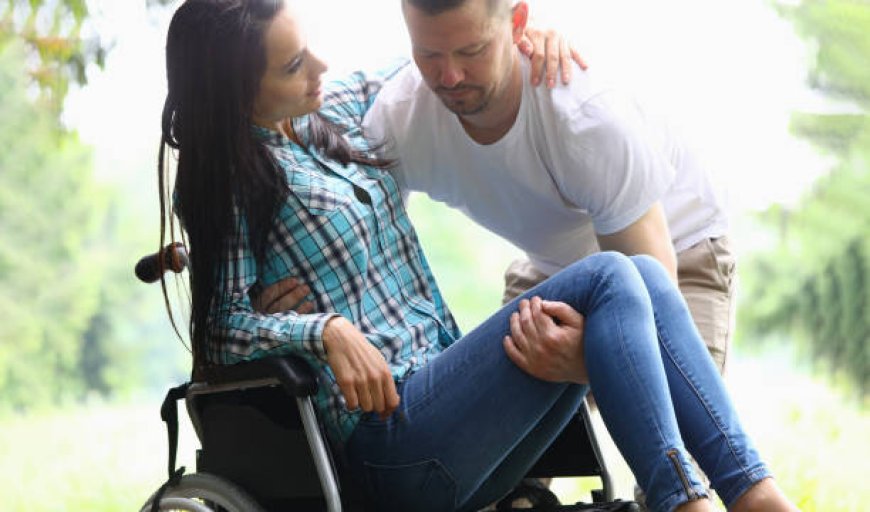The Silent Strain: How Disability Impacts Relationships—and What You Can Do

A disability, whether it's one that can be seen or not, can have a significant impact on relationships and can be a challenge that can lead to devastating outcomes. Often, disabilities can cause a strain on the relationship, but by seeing what's happening and understanding why it's happening, it's possible to start a conversation and work towards a stronger, healthier relationship in the long run.
Shifts in Role and Identity
The roles taken on in the relationship can shift significantly because the disability impacts what the person can and can't do. The severity of this can depend on the disability, but it is important to note how the roles shift and why. If the shifting roles impact the finances of the relationship, it is a good idea to speak with disability insurance lawyers to look into getting short-term or long-term disability. This could help ease the financial burdens in the relationship moving forward.
Emotional Toll
The disability can have a significant emotional toll on the couple, especially if it's a new medical issue that has led to the disability. It can take some time to come to terms with the changes and how they can impact both people moving forward, so it's important to get professional help if needed to reduce the emotional toll and help to work through the stress, worry, and more.
Social Isolation
The disability can end up seeing their social world shrink, especially if there are accessibility issues, fatigue, or stigma to contend with. Friends and family may end up pulling away, especially if they don't understand the disability, which can cause the couple to end up more dependent on each other. It's important to still have outside connections and to look into ways to be social despite the disability, which can include meeting others in the same position.
What Can Be Done?
It is important for couples facing disability-related issues in their relationship to know what they can do to overcome them and strengthen their bond in the long run. A few things to do include the following.
-
Prioritize Open Communication - It is incredibly important for the couple to prioritize open communication so they know what the other is feeling, especially when it comes to the disability. This helps ensure everyone is on the same page.
-
Seek Professional Support - Both should seek professional support when needed, separately or together, to work on healthier ways to address the emotional toll of the disability and how it impacts the relationship.
-
Build an External Support System - It is a good idea for the couple to build an external support system they can turn to when they need help. This can also be done separately and together, depending on the support needed.
-
Share Responsibility - The couple will want to review their responsibilities and look into how to share that responsibility, working with the disability to help ensure each can do their part.
If you or your partner is disabled, it could be causing a strain on your relationship. Acknowledging this and talking about it can help with getting to the root of the issue and working towards better communication and healthier coping mechanisms to strengthen the relationship and bond. Don't forget to seek professional help when needed to further reduce the strain.







